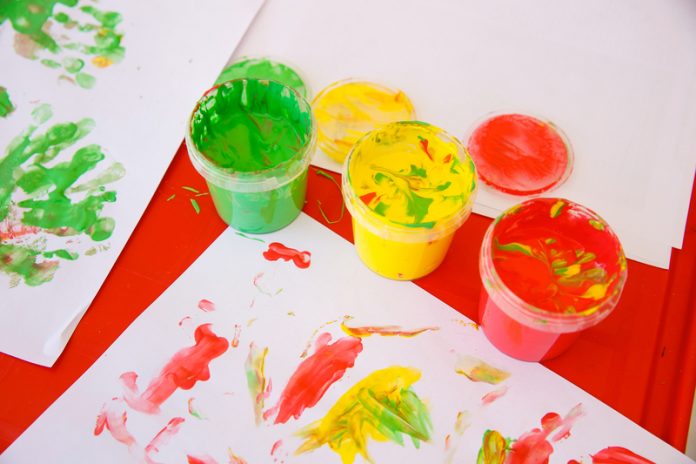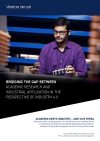Aaditya Tangri, Co-Founder & CEO of Kalebr Americas and Founder of STEAMathalon shares his thoughts on why play-based learning today is important for a brighter future tomorrow
Imagine a space where the lines between a classroom, the real world, who the teacher is, when one learns, how one learns and whom one learns from are being redefined. The age-old adage that it takes a village to raise a child has taken a new meaning, the world must now prepare the learners of the future. Education must now be guided by real-world interests, exploration, curiosity and experimentation. It should be a space where learners work together to answer questions that are relevant and fascinating to them and celebrate their discoveries. Learning for the future must be based on skills and values, far beyond the limitations of “today’s” testable knowledge, and evaluated by application rather than generic tests.
Further, the happiness of learners and their overall well-being is essential to nurture and grow human capital for sustainable growth, we must not only instil ideas such as a growth mindset, design thinking and positive education but actively engage learners throughout. Isn’t this, by definition, play?
There is an important distinction between play as an activity, and playfulness as an attitude. “Playfulness” is about being open to new experiences. It’s about imagining, a spirit of making the impossible, possible. It’s about exploring possibilities. Play is not the problem, but playfulness might just be the answer.
At a fundamental level, educators must rethink traditional teaching methods and create intrinsically motivating, meaningful environments which develop creative and resilient learners of the future who can be a part of diverse working spaces and take on challenges.
Playful educational approaches encourage the development of learners and are key to creating spaces for positive exploration and more importantly, the development of 21st-century skills. In his recent TED talk “The Future of Learning”, education guru Sam Chaltain said that we “have to prepare our children for their future opposed to our past”. And that, clearly, is the challenge we must address.
Most educators will agree that our childhood years set the stage for future success in the workplace. These formative years are essential for creating an environment where children learn the foundational skills necessary for growth and development. As educators, we must make a subtle shift to transformative, integrated learning systems. Whether we like it or not, artificial intelligence, algorithms, advances in genetic engineering, nanotechnology and biology are already shaping our world at a pace we can scarcely comprehend. Rather than adding another ‘subject’, we should be looking at the methods of educating the next generation with a focus on intrinsic learning.
The future will need an education system that’s largely proactive, even predictive. We hope it will reach beyond all that we already know, captivating learners and equipping them for a successful launch into a rapidly changing future.
There are examples of educational institutions globally, who are creating “tomorrow’s classroom, today”, championing play-based learning with the support of Kalebr, an education company whose products promote 21st-century skills, happiness, well-being, sustainability, making, coding and innovation for students of all ages. Having introduced STEAMathalon to their curriculum, these schools are tapping into the equitable access to quality, scalable and engaging learning tools, support, resources and environments for learners and educators.
STEAMathalon are exciting, play-based competitive innovation league focusing on STEAM (Science, Technology, Engineering, Art, Math), positive education, making, coding, UN Sustainable Development goals and citizenship within the core curriculum. STEAMathalon arm innovators of all needs and abilities with powerful tools and projects to control physical objects remotely and compete to solve a real-world problem. Organised into teams and provided with a brief of a real-life challenge to solve, learners use Kalebr’s innovation and well-being framework to create exciting inventions that come together to form a “future proof” portfolio.
Involvement in play-based learning programs such as STEAMathalon stimulates a learner’s drive for exploration and discovery, motivating the individual to gain mastery over their environment, promoting focus and concentration. It also enables the learner to happily engage in the flexible and higher-level thinking processes deemed essential for the 21st-century learner, including inquiry processes of problem-solving, analysing, evaluating, applying knowledge and creativity.
Play-based programs for young learners support the wellbeing, happiness and development of socially competent learners, able to face challenges and create solutions. We must be effective leaders in necessitating the significant change required to transform pedagogy and to maximise the benefits offered by modern learning methods and digital technology.




























